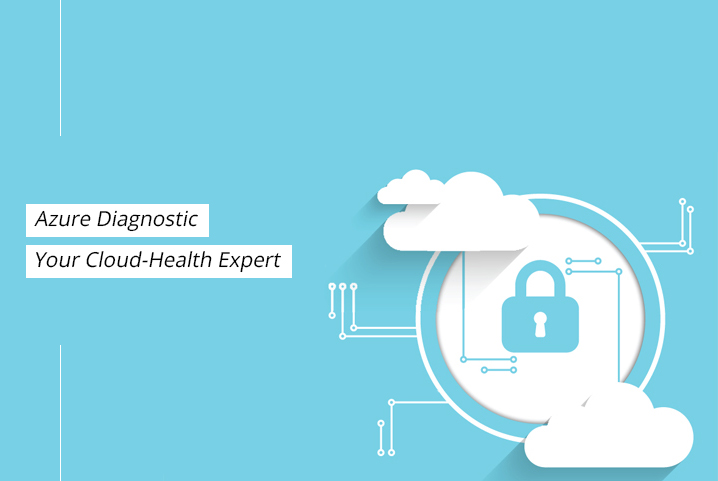In the realm of Software-as-a-Service (SaaS), leveraging cloud infrastructure is essential for scalability, flexibility, and cost-effectiveness. However, managing cloud costs effectively is crucial to ensuring profitability and sustainable growth. Let’s explore cloud cost management for SaaS companies, the challenges they face, and strategies to optimize cloud spending. Challenges in Cloud Cost Management for SaaS Strategies… Continue reading Mastering Cloud Cost Management for SaaS: Strategies for Efficiency and Growth
Category: Cloud Services
B2B SaaS – An Unavoidable Strategy
Early cloud adoption was driven by advantages of operating expenditure (OpEx) over capital expenditure (CapEx) and outsourcing advantage of infrastructure & infrastructure management. Platform & infrastructure services spending contributed majorly into cloud spending for enterprises.
How To Analyze Java Thread Dumps
Java thread dumps: Analyzing performance bottlenecks and concurrency issues
Unlocking greater collaboration & productivity with Microsoft Teams apps
Boost productivity through collaborative power of Microsoft Teams apps
Key Concerns and Need of Cloud Migration
Cloud is the process of moving applications, data and other such business elements to a cloud computing environment. With a compound growth rate of 24.5%, this industry is expected to reach $9.5 billion by 2022, claiming an upward swing. Today, many enterprises and government agencies are seen to bring cloud migration into play to enhance their inner workings and services/products. However, this does not imply that cloud does not have its own set of disadvantages or “concerns” that one might want to look into.
Cloud Computing + DevOps: The Secret To Enterprise Success in 2020
The term ‘Fusion’ refers to the energy that powers our Universe. It is a very efficient process of energy creation. The energy yields are high, the waste is minimal, and there is no consequent ill-effect on the immediate environment. Close to perfect almost!
Multi-Cloud Vs Hybrid Cloud Vs Fog Vs Edge! Where is Cloud headed?
The advent of cloud computing has been transformational for enterprise business computing. No longer do enterprises need to invest time, money and resource on computing hardware, software experts, etc., for delivering products and services to end-users. They can do all these things over the internet by subscribing to any popular cloud computing services like Amazon AWS, Microsoft Azure, etc.
Why 2020 Will Be The Year Of The Cloud
The great enterprise migration has already begun, and by 2025 it is expected that over 80% of enterprises will shift to the public cloud. Cloud opens limitless possibilities for enterprises. It offers the choice of both flexibility and scalability to meet demanding computing needs.
How DevOps Is Transforming Enterprise Work Culture?
A great part of the digital transformation of an organisation is to bring together the fields of software development and IT operations, thus ensuring that a product takes less time in development and is constantly upgraded to the highest possible quality. In between the two fields of development and operations, exists the silver lining that the modern world calls DevOps.
How Has Cloud Computing Changed The Enterprise Business Landscape?
While technology trends are always constantly evolving, few are as disruptive as cloud computing has been for enterprises. Not only has it changed the way enterprises manage IT resources, but it has also injected new life into stagnated business processes and workflows.
5 Benefits of Enabling Azure Diagnostics in Cloud Services
Microsoft Azure, with its business-friendly features and capabilities, is one of the most preferred cloud computing services in the market today. Its IaaS and PaaS services are used by enterprises for leveraging a range of digital solutions like virtual computing, analytics, storage, etc. While the enterprises opt Azure cloud services for a host of reasons such as flexibility, scalability, security, etc. but one least talked about yet equally important reason is Azure Diagnostics.
Azure App Service Vs. Azure Cloud Service: Which One to Choose
In recent years, there has been a significant spike in average spending on cloud computing services. The main reason behind this is its economics and convenience. Cloud computing is the best and the most cost-effective way to get rid of all legacy IT bottlenecks, including hardware and monitoring costs. While there are many cloud service providers, Azure Microsoft happens to be one of the most popular and fastest-growing ones. It is second only to Amazon AWS, and the competition between the two has made cloud computing more accessible and beneficial for enterprises.
















